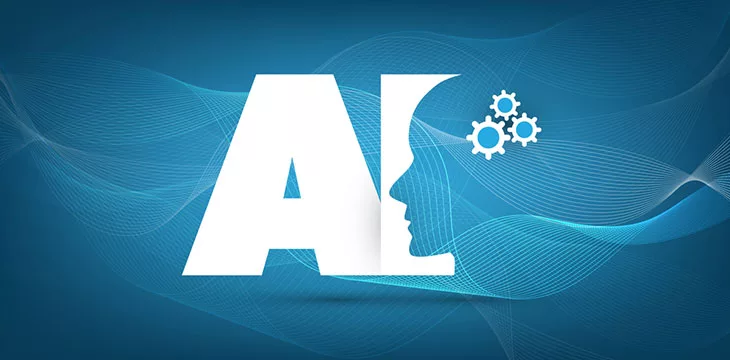|
Getting your Trinity Audio player ready...
|
Artificial intelligence (AI) is moving at lightning speed, with new advancements emerging every other day. In the latest, Europe has set up a research hub to investigate AI algorithms, while Microsoft (NASDAQ: MSFT) reportedly wants to reduce its reliance on Nvidia (NASDAQ: NVDA) by deploying new AI chips.
EU moving fast to regulate AI
Europe has been leading the race in regulating AI and has been working on new policies since 2020 to oversee the sector. In its latest effort, the European Commission has launched a new hub to conduct research on the technology.
Dubbed the European Centre for Algorithmic Transparency (ECAT), the new hub is based in Seville, Spain.
Like the design of the Las Setas building in Seville, algorithms are complex structures that shape our online experience.
This is what we are working on at the European Centre for Algorithmic Transparency. We want to make the online experience safer for all.#DigitalEU
— European Commission (@EU_Commission) April 18, 2023
The EU Commission will tap ECAT for scientific and technical expertise to ensure that search engines and online platforms comply with “the risk management, mitigation and transparency requirements in the DSA [Digital Services Act].”
The new center will comprise AI experts, data scientists, legal experts, and social scientists. They will investigate the algorithmic systems used by online platforms and search engines like Microsoft’s Bing, which increasingly rely on AI. After assessing the functioning of these systems, they will propose the best practices to mitigate their impact.
The center will fall under the Joint Research Centre (JRC). JRC is the science service of the Commission, which conducts research on diverse sectors to give independent policy recommendations.
ECAT will “look under the hood” of online platforms “to see how their algorithms function and contribute to the spread of illegal and harmful content, which too many Europeans have been exposed to,” commented Margrethe Vestager, the VP for Europe Fit for the Digital Age, a priority project for the Commission’s president Ursula von der Leyen.
ECAT comes just days after a dozen members of the European Parliament called for the region to regulate AI. The legislators called von der Leyen and U.S. President Joe Biden to join hands and lead the regulatory efforts.
Some European countries are not waiting around for the Commission to regulate. Italy, for instance, has already banned ChatGPT for violating data privacy and protection laws.
Microsoft developing AI chips
Meanwhile, Microsoft is working on its own AI chips, The Information reports, citing sources with knowledge on the matter.
The Washington-based tech giant is one of the biggest players in the AI revolution. It’s the biggest investor in OpenAI, the company behind the sensational AI chatbot service ChatGPT, plowing in over $10 billion in the company.
The outlet reports that the new chips will be used to train large-language models. Microsoft and other AI firms currently rely almost wholly on Nvidia chips.
This reliance might not last much longer. Microsoft has reportedly been working on the chips since 2019. It has already distributed them to some of its own—and OpenAI’s—employees to test how they perform with large-language models like GPT-4.
Nvidia has complete dominance over the AI chip industry. Its latest H100 GPUs are reportedly notoriously difficult to secure and go for over $40,000 on eBay. Research firm Trend Force estimates that OpenAI will require 30,000 Nvidia A100 GPUs to commercialize ChatGPT.
Microsoft’s AI chips, which it’s developing under the code-name Athena, will reportedly be widely available to OpenAI early next year.
Microsoft joins other tech giants who have been developing their own chips amid a global chip shortage, including Meta (NASDAQ: META), Google (NASDAQ: GOOGL), and Amazon (NASDAQ: AMZN).
In order for artificial intelligence (AI) to work right within the law and thrive in the face of growing challenges, it needs to integrate an enterprise blockchain system that ensures data input quality and ownership—allowing it to keep data safe while also guaranteeing the immutability of data. Check out CoinGeek’s coverage on this emerging tech to learn more why Enterprise blockchain will be the backbone of AI.
Watch: Blockchain can bring accountability to AI as discussed by nChain’s Owen Vaughan & Alessio Pagani
Recommended for you
British lawmakers of the parliamentary national security committee have called for a temporary ban on political parties receiving donations in
Circle (NASDAQ: CRCL) soared in 2025 thanks to U.S. ‘regulatory clarity,’ but can this momentum survive a ban on crypto

 02-26-2026
02-26-2026 




